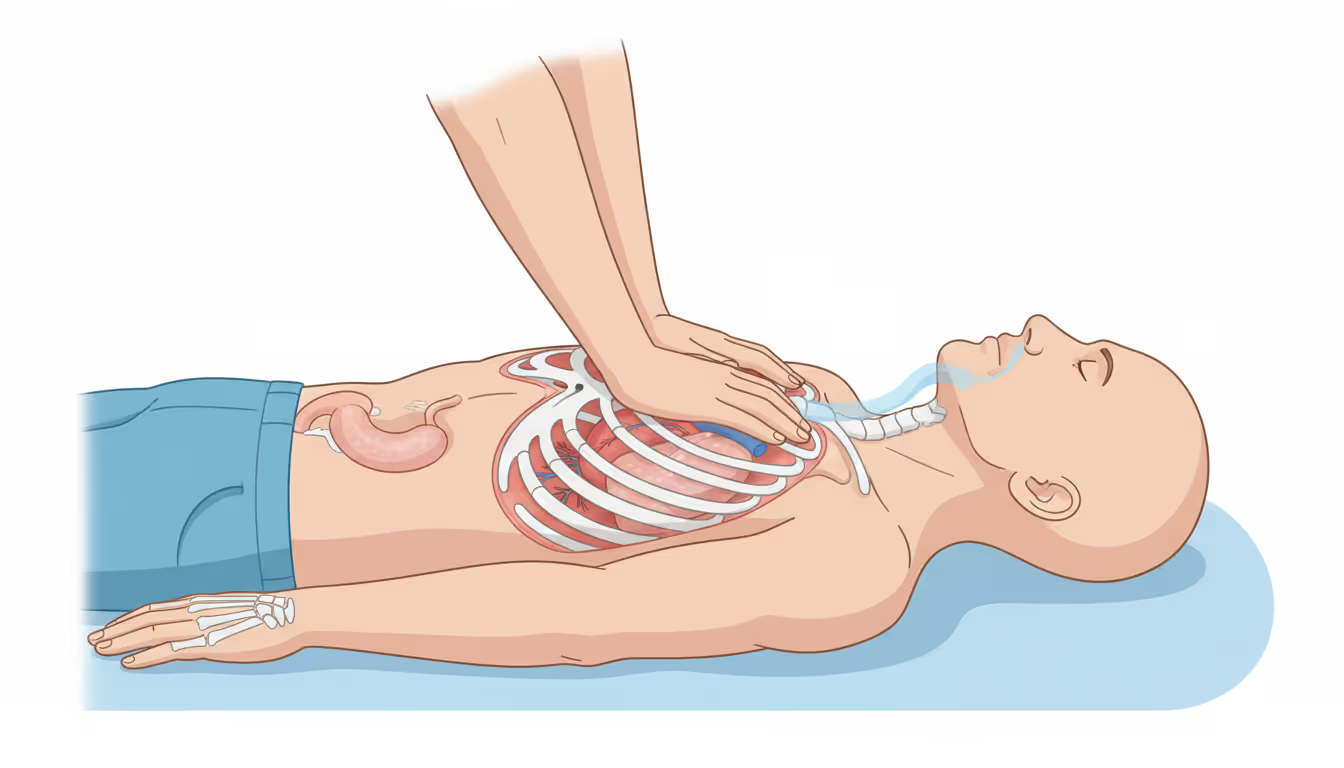
Prosthetic: This term refers to an artificial replacement or substitute for a body part, such as a tooth, eye, facial bone, hip, knee, or other joints like the leg or arm. Prostheses are created for either functional or cosmetic purposes, or sometimes both. Common joint prostheses include those for the hip, knee, elbow, and finger joints. These implants can be components of joints, such as a knee replacement. Joint replacement and arthroplasty are synonymous terms.A prosthesis may be detachable, like most prosthetic legs or a breast form used after a mastectomy. Individuals using removable prostheses, such as an artificial hand, might prefer to have multiple options for different activities. Conversely, some prosthetic devices are permanently implanted, such as artificial hips, testicles, or teeth.Advancements in biomedical sciences have led to a few experimental prostheses being integrated with body tissues, including the nervous system. These sophisticated devices can respond to neural commands, enabling more natural movement and functionality.An auditory prosthesis, better known as a hearing aid, substitutes or enhances hearing ability. The term "prosthesis" is derived from New Latin, originating from the Greek word "prostithenai," meaning "to add to" or "to put in addition." The plural form is "prostheses."




